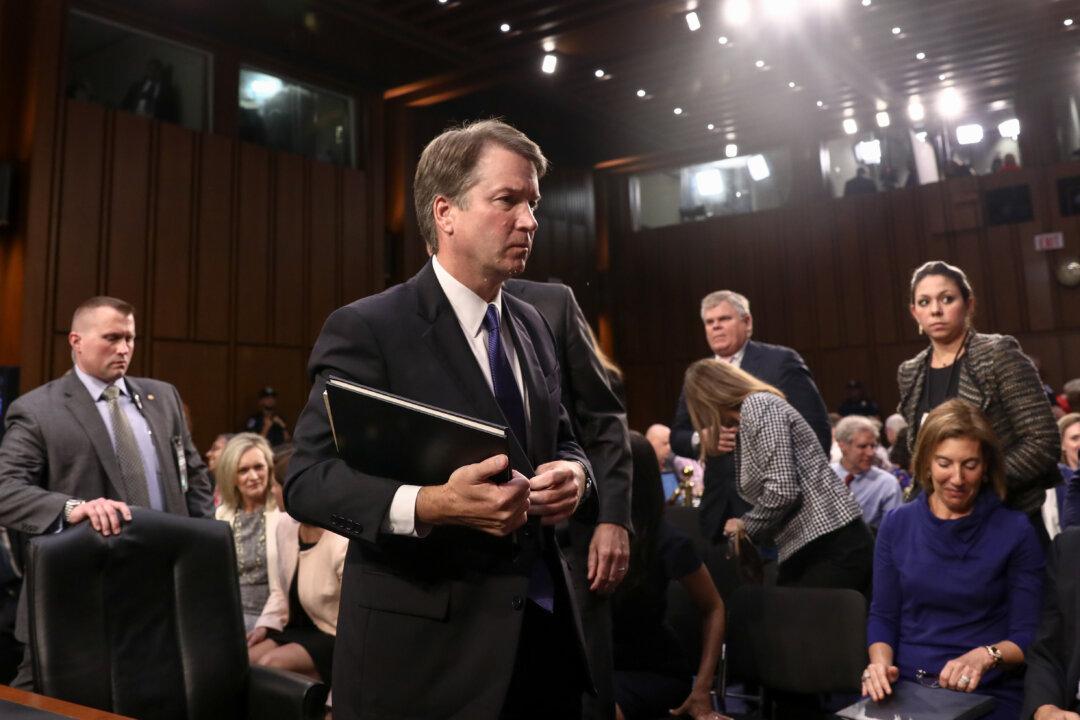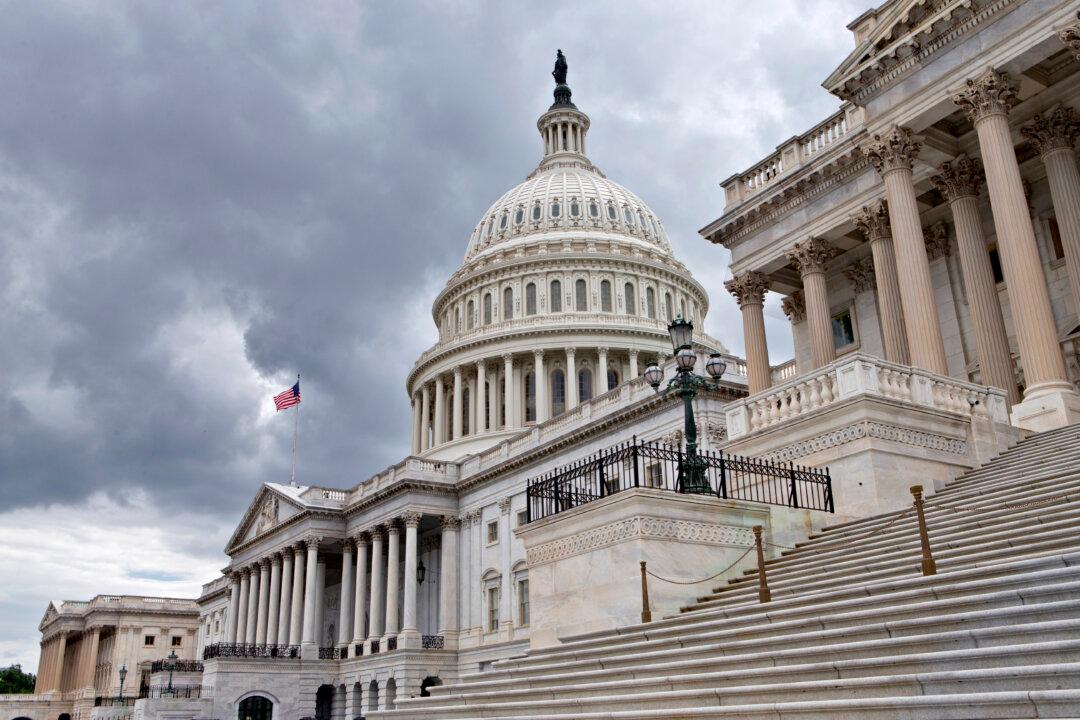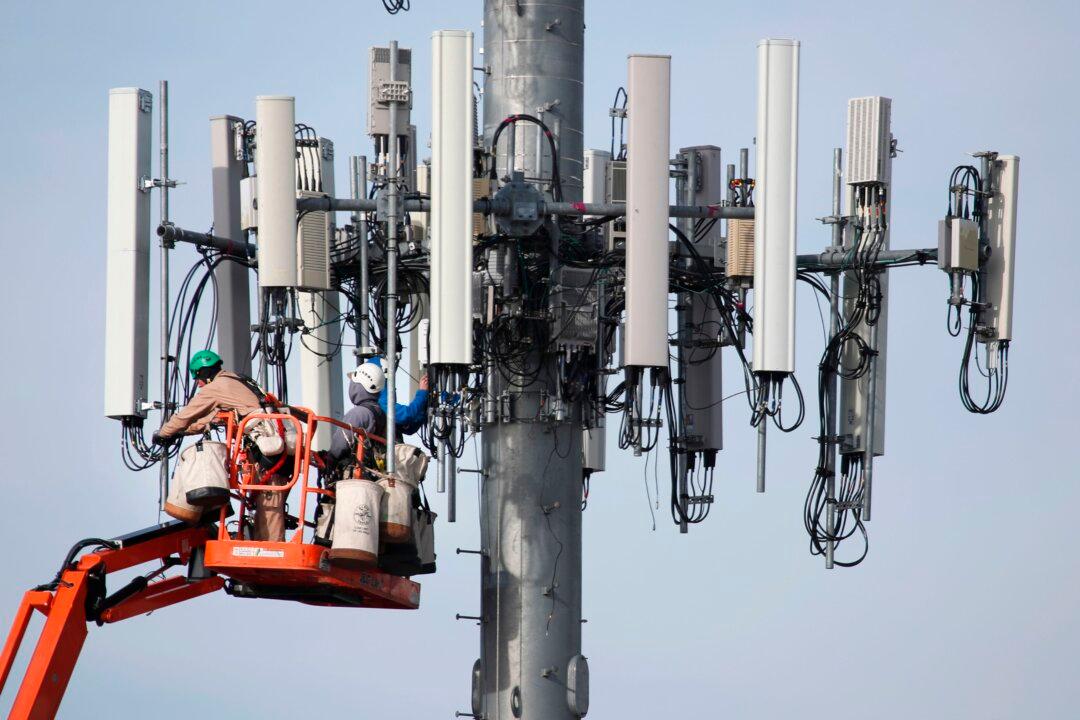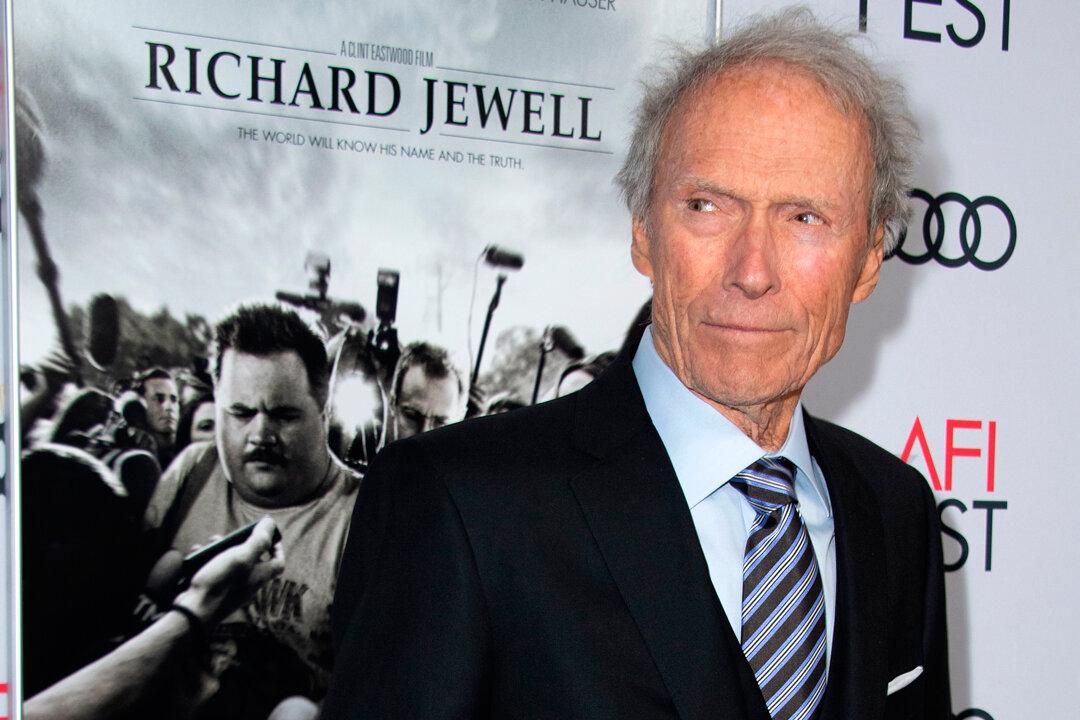Commentary
Plato famously suggested that the city is the “soul writ large” and that it’s thus easier to understand justice as it is displayed in the political community than in an individual. The Covington Catholic High School media maelstrom was a perfect storm of every identity-politics trigger in our political landscape.





